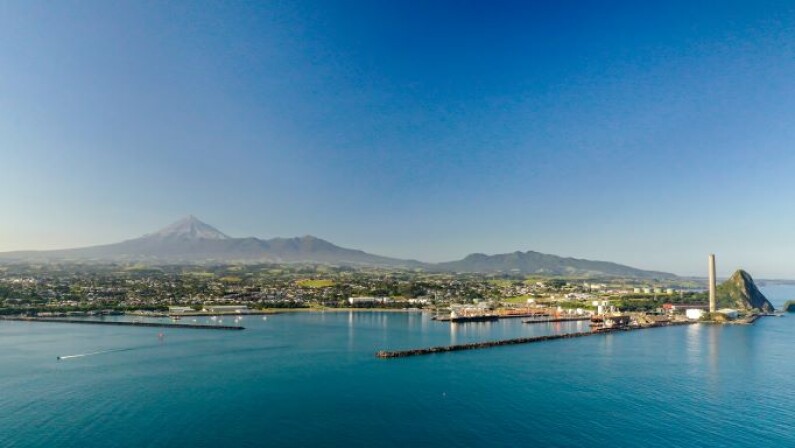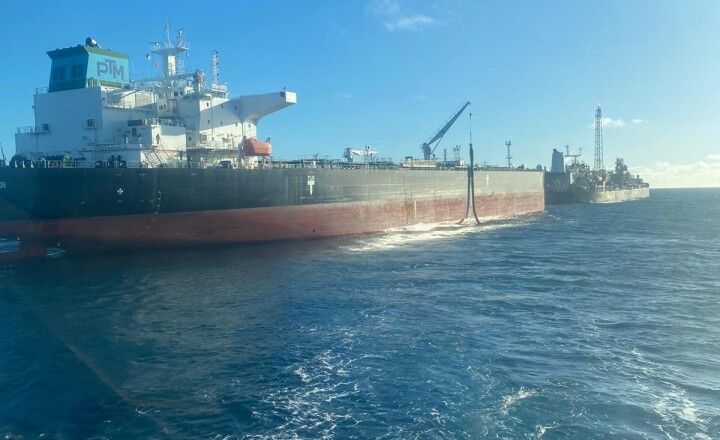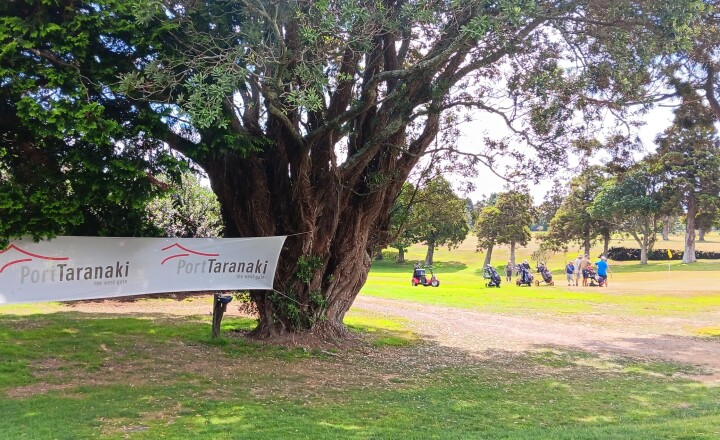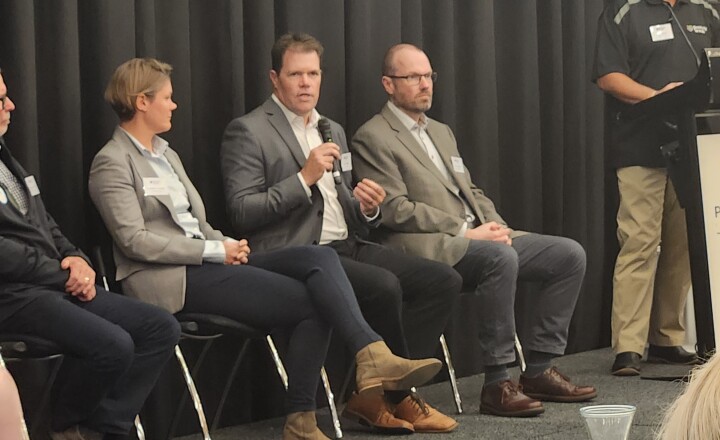
Port Taranaki’s value to the Taranaki economy and its contribution to the wellbeing of the community have been highlighted in the latest Business and Economic Research Limited (BERL) report.
The BERL report is commissioned by Port Taranaki’s sole shareholder the Taranaki Regional Council, and is updated every five years. The 2022 report was expanded to not only focus on the port’s economic contribution, but also its contribution to wider regional cultural, social and environmental wellbeing.
BERL estimates that Port Taranaki’s own expenditure in Taranaki and the flow-on effect of it generated $31.7 million in gross domestic product (GDP) in 2022, and 346 fulltime equivalent jobs in the region.
The report also highlights the port’s important enabling role for the other businesses that use the port. In 2022, it is estimated that the wider impacts from employment generated in the region by the main businesses that use the port contributed $541 million in GDP, and supported 2263 fulltime equivalent employees.
“The port is a significant employer and driver of economic activity in the Taranaki region, as well as a provider of crucial and strategic infrastructure,” the report said.
“It has a significant presence in the Taranaki community, and impacts the economic, social, cultural, and environmental wellbeing of the region.”
The port is of “strategic importance for the oil and gas, forestry, agriculture, and tourism industries”, and in a survey of businesses that use Port Taranaki, 65% said that the port was “very important” in their decision to conduct business in Taranaki.
“Most comments were about the fact that the port is the only viable and cost-effective transport for exports from Taranaki,” the report said.
BERL highlighted the value of the annual dividends paid to the TRC, which totalled $8 million in 2021-22.
“By remaining profitable the port can further support the community, as the dividends it pays to the [Taranaki Regional] Council reduce the burden of rates on households in the region and support the council in providing public services and facilities,” the report said.
The report’s assessment of Port Taranaki’s contribution to regional cultural, social and environmental wellbeing included:
- Port Taranaki has a commitment to health, safety and wellbeing, is committed to a diverse workforce, and supports a range of local cultural and community activities and groups. “The port has a safety-first approach and takes comprehensive measures to ensure its operations are safe for everyone.”
- Port Taranaki has a good social licence to operate. “Various stakeholders commented that the fact the port has been there for a long time, since 1875, means that it is an integral part of the community. The facilities provided by the port are widely enjoyed by the public and support the community’s social wellbeing.”
- The port aims to be a sustainable and profitable business. “This, in combination with creating long-term value for shareholders, indicates that the port is committed to upholding environmental wellbeing, and actively working towards mitigating and adapting to climate change.”
- The port actively supports environmental initiatives in the community. “Furthermore, the port is involved in initiatives, such as the revitalisation of coastal shipping, in an effort to cut down the burden of carbon emissions caused by road transport. It is positioning itself as an eager participant in a more resilient and more green-house gas efficient alternative.”
- Port Taranaki supports the development of offshore wind energy production, “… and is interested in other sources of renewable and green energies. The port is uniquely located as the only west coast deep [water] port and thus has a unique advantage in the ease of access to Asian and Australian markets for energy exportation.”
Port Taranaki chair Richard Krogh said the BERL report’s analysis was confirmation of the port’s importance to the Taranaki economy and community.
“The report highlights that Port Taranaki continues to have a key role in the long-term success of the region – not only economically but also culturally, socially and environmentally,” Mr Krogh said.
“The key is being flexible to changes in trade and market trends, and having the ability to adapt our facilities and services to meet these changes.
“Our operations, the industries and businesses we support, and the community assistance we provide have a wide-ranging impact and influence on our region, and we have a responsibility to ensure we are focused on continuous improvement and remaining profitable and sustainable for the betterment of the Taranaki community in the long term.”


